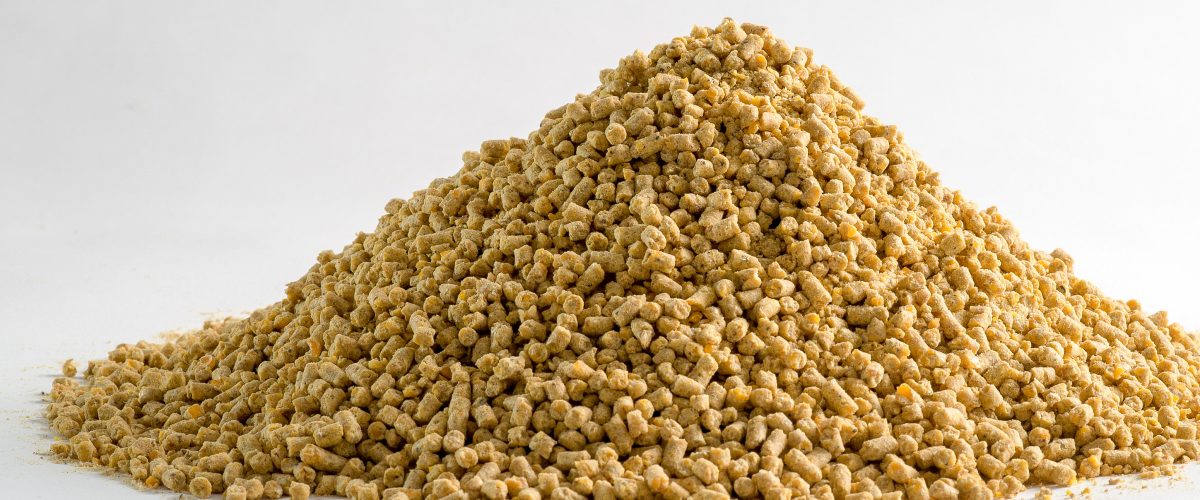In case of constant high temperatures
Heat stress significantly reduces feed consumption, which negatively affects poultry performance. It is therefore crucial to concentrate feed formulas to increase diet density to help animals cover their needs and limit this drop in performance. Poultry experience metabolic disorders caused by inflammation, oxidative stress, altered intestinal integrity and unbalanced blood parameters.
For broilers and turkeys, fats (and especially oils) are a good way to support their energy requirements and help increase palatability to restore an adequate nutrient intake.
Protein concentration is also important to maintain a balanced protein/energy ratio and to avoid a drop in performance.
For layers, an increased protein level is necessary to maintain the laying rate under heat stress conditions. For energy, the strategy must be adapted to ensure adequate consumption and adjust egg weight according to targets.
In each case, oil is useful to optimize feed intake and energy assimilation. However, care must be taken to limit fat oxidation to guarantee the quality of the finished products.
Supplementation with selected trace elements such as secondary plant metabolites also helps to effectively reduce the consequences of heat stress.
In case of heat stroke and heat wave
A common strategy in the event of a heat wave episode is fasting. This consists of raising the feeders or stopping the chain before and during the hottest hours. In this way, the amount of heat released from food consumption is limited during the heat peak.
In order to facilitate its implementation, care should be taken to:
- Apply fasting a little before the heat wave occurs to encourage behavioral adaptation
- Adapt lighting programs to limit daytime activity and ensure ration distribution
- Monitor the resumption of feeding to prevent feed spoilage
- Support consumption (for example with hepato-protectors)



